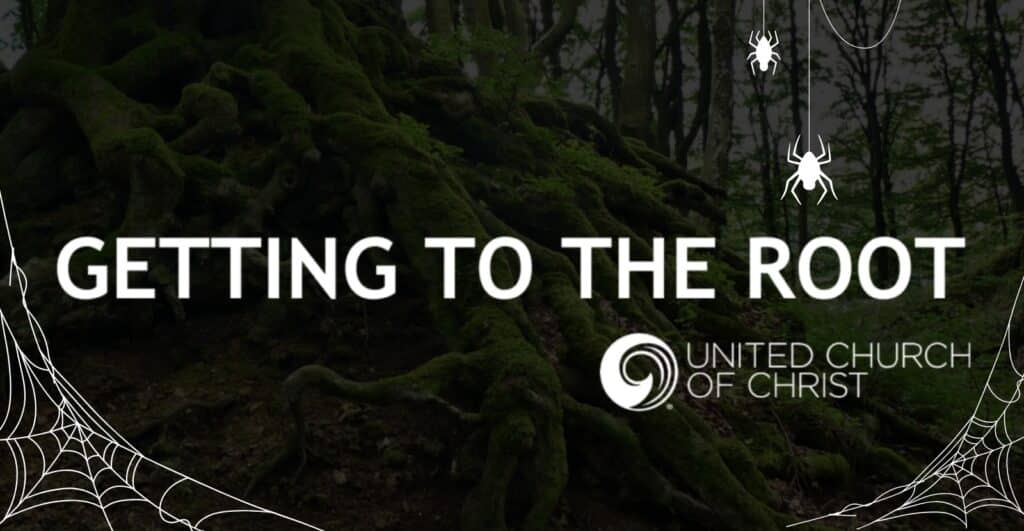Intersectional Approaches to Gender Justice Too Long Delayed
Intersectional Approaches to Gender Justice Too Long Delayed
Written by Brenda Joyner and Loey Powell, Consultants to the Women’s Table
It is very early in the 2020 election season but already we are seeing that women are turning out to vote in significant numbers. This is a good sign for the country because the issues that women care about, the everyday issues that affect the quality of women’s lives in this country, can be the issues that will make a difference in deciding which candidates are elected in local, state and national races.
These issues are also the ones that will elevate the quality of life for everyone living in the United States regardless of geographical location, national origin, income status, race, gender identity, cultural background, immigration status, sexual orientation, disability status or religion. We are seeing on an almost daily basis the erosion of the very values at the core of the United Church of Christ – of dignity for all, of care for the earth, of a just and lasting peace, of extravagant welcome and affirmation of everyone, of love for our children. Women are disproportionately adversely affected when we cannot earn a living wage to support a family; when our children cannot breathe safely because of air pollution; when the water that comes into our homes is poisoned or the water is simply cut off because of inability to pay the inflated bill; when we cannot access full reproductive health care or face high rates of infant and maternal mortality because of the racism within our health care systems; when our stories of sexual assault are not believed; when childcare options are unavailable to families. Families are separated at the border. Children live in cages.
So it is encouraging to see women of all ages getting involved in the election process because more is at stake in 2020 than we can imagine. Behind our backs and in front of our eyes the rights of women are being stripped away. States are still trying to outlaw Roe v. Wade with extraordinarily restrictive legislation and regulations that interfere with a pregnant woman’s access to medical care. Transgender women – and men – are being denied the right to claim their own gender identity on official documents. Same-gender loving folx are being denied the right to adopt or to foster children. Native American communities are being denied the right to vote while women in those communities are being “disappeared” at alarming rates. And the list goes frighteningly on. Those elected to offices at all levels of government will affect the policies that determine the quality of life for women and marginalized groups.
We may not agree on all the issues before us or on how best to remedy the wrongs in our society but we should be able to agree that the health and well-being of women is central to the health and well-being of our country and the church. The UCC has a significant history of advocacy for women and for many decades dedicated resources and staff to moving the mark on justice for women forward. Currently there is no dedicated desk addressing the broad range of issues affecting women and girls. The Rev. Traci Blackmon, Associate General Minister and Executive for Justice and Local Church Ministries, has called together a Women’s Table to develop intersectional ways for the UCC to address these concerns both within and beyond the church. This advisory group met in 2019 and continues through 2020 with a goal of keeping our justice for women irons in the fire of social change.
As this election year unfolds and Women’s History Month rolls out, take a moment each day to put your faith into action. Donate to a local women’s shelter or food bank. Write a letter to the editor or to your state or national elected officials and let them know you support women’s right to their own reproductive decisions. Support businesses that provide workers with a livable wage. Support efforts to end unfair gerrymandering which has resulted in skewed representation in state legislatures and thus has enabled more attacks on women’s rights. Get involved with Our Faith, Our Vote!
Our health and well-being asks for nothing less.
Brenda Joyner and Loey Powell, Consultants to the Women’s Table
Related News
Don’t be Scared, be Prepared: What to Expect in the 2024 November Election
With November 5th approaching fast, it can be difficult keeping the election anxiety at bay....
Read MoreCountering Project 2025 With Love: A UCC Response
Project 2025 is a compilation of policy proposals and presidential transition project launched...
Read MoreOur Nuclear Legacy
This summer is the 79th anniversary of both the Trinity test that launched the atomic age, and...
Read More
